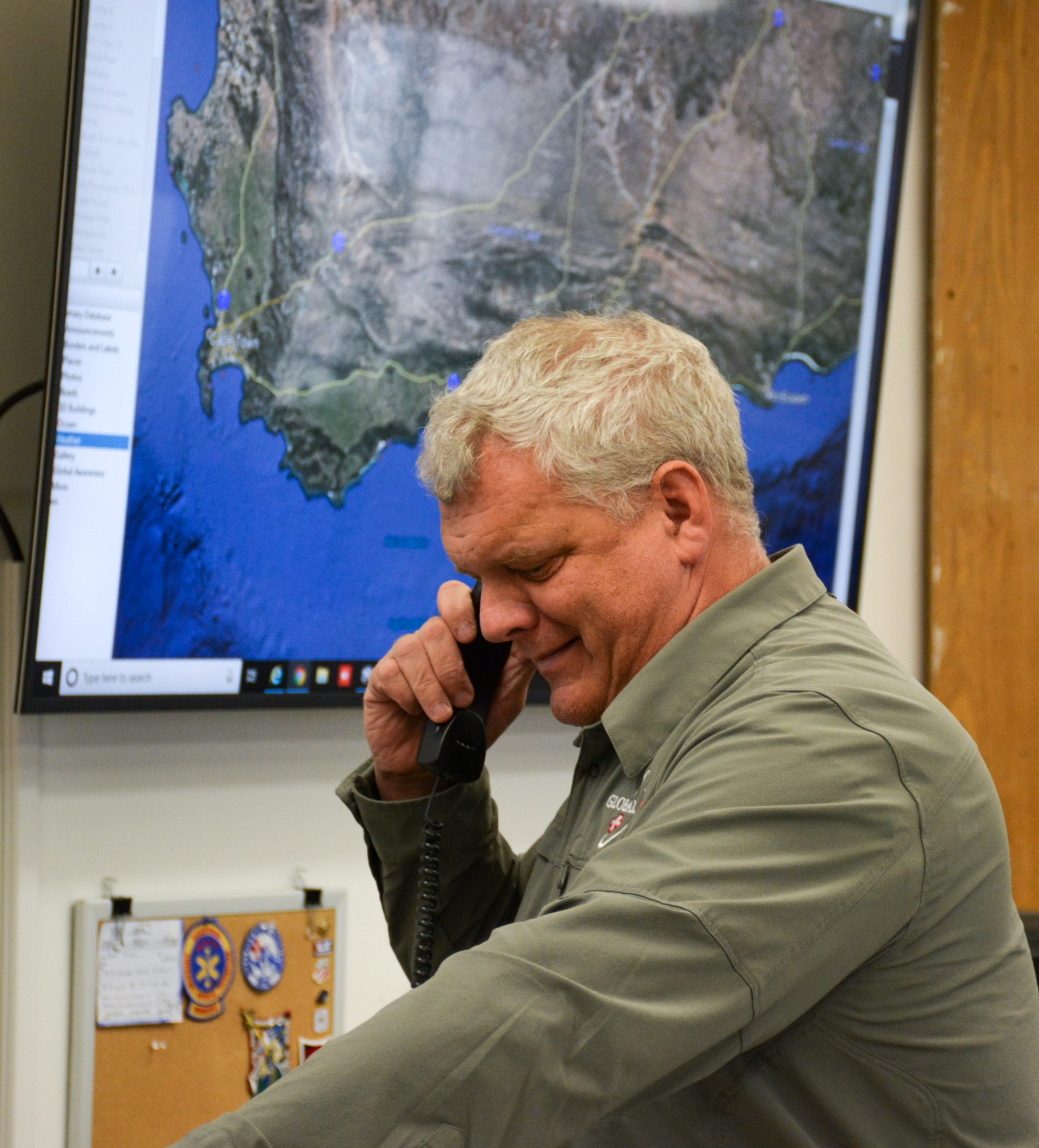If you’re traveling during the summer, the potential threat of a natural disaster is constant in many popular travel destinations. In North America, summer disasters include hurricanes, tornadoes, tsunamis, floods, and fires. In regions of Asia, heavy rainfall, drought and flood disasters are prevalent during the summer months. Natural disasters in Europe during summer months include heat waves, heavy rainstorms and forest fires. Across the Middle East and North Africa regions, natural disasters include droughts, earthquakes, water scarcity and heat waves.
Travel in these regions during the summer months includes the potential for natural disasters, both predictable – like hurricanes and typhoons – and unpredictable – like earthquakes.
Preparing a go bag packed with key items will increase your likelihood of safety or even survival when it’s necessary to immediately relocate to a safer area or depart the region at less than a moment’s notice.
You may be asking yourself; does it even make sense to travel during the summer season? The answer is yes, with some caveats and tips for disaster and post-disaster safety and survival:
Choose a location out of harm’s way. This doesn’t mean you should entirely avoid tropical areas like the Caribbean. Just remember that Aruba, Bonaire, and Curacao are on the hurricane belt’s southern edges. Grenada, Trinidad and Tobago, and Barbados are also far south and rarely get hurricanes.
Prepare for potential cancellation due to a looming storm by purchasing refundable travel expenses like airline tickets, lodging and activity reservations.
Evacuate if you can. If officials issue an evacuation order, don’t ignore it.
Keep your devices charged because power could go out for days, weeks or months following a hurricane, cyclone or typhoon.
Gather a survival kit and prepare it in advance so you have the items needed. FEMA’s emergency supply kit list is a great place to start.
Learn emergency skills – The Red Cross encourages learning First Aid and CPR.
Unpredictable natural disasters, such as earthquakes, can strike without warning, but scientists know most of them come from two regions.
The Ring of Fire earthquake belt is found along the rim of the Pacific Ocean and is where more than 80% of the planet’s largest earthquakes occur. The Alpide earthquake belt extends from Java to Sumatra through the Himalayas, the Mediterranean, and out into the Atlantic, accounting for about 17% of the world’s most powerful quakes.
Knowing where most earthquakes originate helps travelers understand how to prepare for a ground quake and respond after one occurs. Preparation and response tips for an earthquake are distinct from predictable disasters.
Ensure you have your passport, identification and any necessary travel documents readily accessible. These documents are essential for identification, possible evacuation, and re-entry into your home country. Keep them in a waterproof and secure location, such as a sealed plastic bag within your travel bag.
Make a compact first aid kit equipped with essential medical supplies such as bandages, antiseptics, pain relievers and any prescription medications you require. Consider the duration of your trip and the availability of medical services at your destination.
Keep enough emergency cash in both local and widely accepted international currency. ATMs and banking systems may be inaccessible during or after a disaster. Additionally, carry backup credit or debit cards in case your primary card gets lost, stolen or compromised.
Include local maps and a basic language guide. A language guide can help you communicate with locals and emergency responders, allowing you to understand instructions and seek help effectively.
Designate a meeting point if a catastrophic event separates you from your family or group.
These items and actions are in addition to the standard travel essentials like appropriate clothing, toiletries and personal items. Taking these precautions will enhance your safety and preparedness when traveling internationally.
While you cannot predict or prevent natural disasters, you can take proactive steps to prepare and respond effectively. By understanding the risks, creating an emergency plan, assembling a disaster supply kit, and staying informed, you can minimize the impact of unpredictable events like earthquakes and tsunamis as well as predictable ones like cyclones or typhoons that threaten your vacation or work trip.









